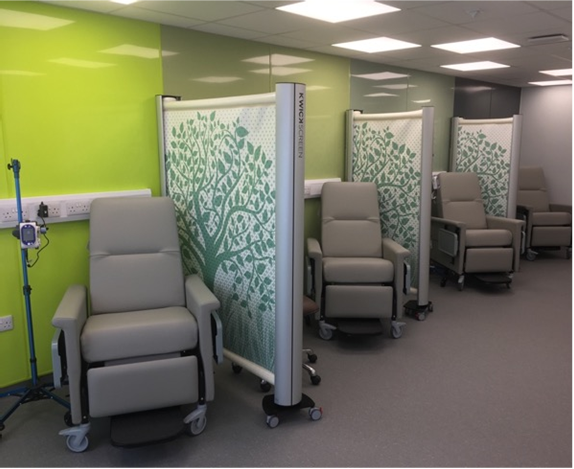Recent studies have shown that more than 650,000 people with cancer in the UK (22%) have experienced disruption to their cancer treatment or care because of COVID-19. For around 150,000 of those, this includes delayed, rescheduled or cancelled treatments. In addition, the research has shown that the average wait time for cancer treatment has almost doubled from 62 days after a referral by a GP, to 104 between May and December 2020.
With the pandemic sitting at the root of such figures, millions of operations, clinics and appointments have been delayed and cancelled to divert resource to the COVID-19 response. Now, as healthcare providers in the UK urgently look for ways to safely manage the backlog of patients caused by the pandemic, LloydsPharmacy healthcare centres have been more vital than ever, supporting patients by expanding the capacity to care and relieving pressure on NHS trusts by preventing delays in cancer treatments.
During a webinar hosted by LPCH this week, key stakeholders from LloydsPharmacy and NHS trusts discussed how their collaborative approach to care has helped release more than 4,000hrs of NHS chair time, improving the overall patient experience and increasing operational efficiency, alleviating pressures on NHS trusts.
Speakers included Principal Pharmacist, Rhiannon Walters-Davies; Divisional Head of Nursing NHS Foundation Trust, Victoria Mumford; Deputy Director of Pharmacy NHS Foundation Trust, Ian Campbell; General Manager of LloydsPharmacy Clinical Homecare (LPCH), Andrew Morris, and Senior Business Development Manager McKesson UK, James Clark.
During the webinar, reducing cancer treatment wait times, providing an efficient service, accessible locations and a relaxing stress-free environment were among the key benefits highlighted for patients when using the service. In addition, statistics were shared to show that 96% of patients are seen within ten minutes of arrival and that 98% of patients would recommend the service to a friend.
Detailing how the service impacts patient experience, Victoria shared that patients are uneasy about visiting hospitals so, through the strategic partnership, LPCH have extended the opportunity to treat patients who require infusion or subcutaneous injection treatments in an alternative and welcoming environment.
‘The mobile units,’ Victoria Mumford said, ‘are strategically located in easy-to-access locations, reducing waiting times, providing flexibility for treatment appointments and making them more accessible for patients.’
During discussions, it was noted that the partnership with LloydsPharmacy has supported NHS trusts incrementally too, by providing the ability to release patient capacity and alleviate pressure from a financial and workforce angle.
‘We have come across lots of challenges amid the pandemic,’ added James Clark, ‘but we (LloydsPharmacy) are alleviating pressure on the NHS, solving capacity problems for those who require treatment and reducing costs through nurse utilisation.’


